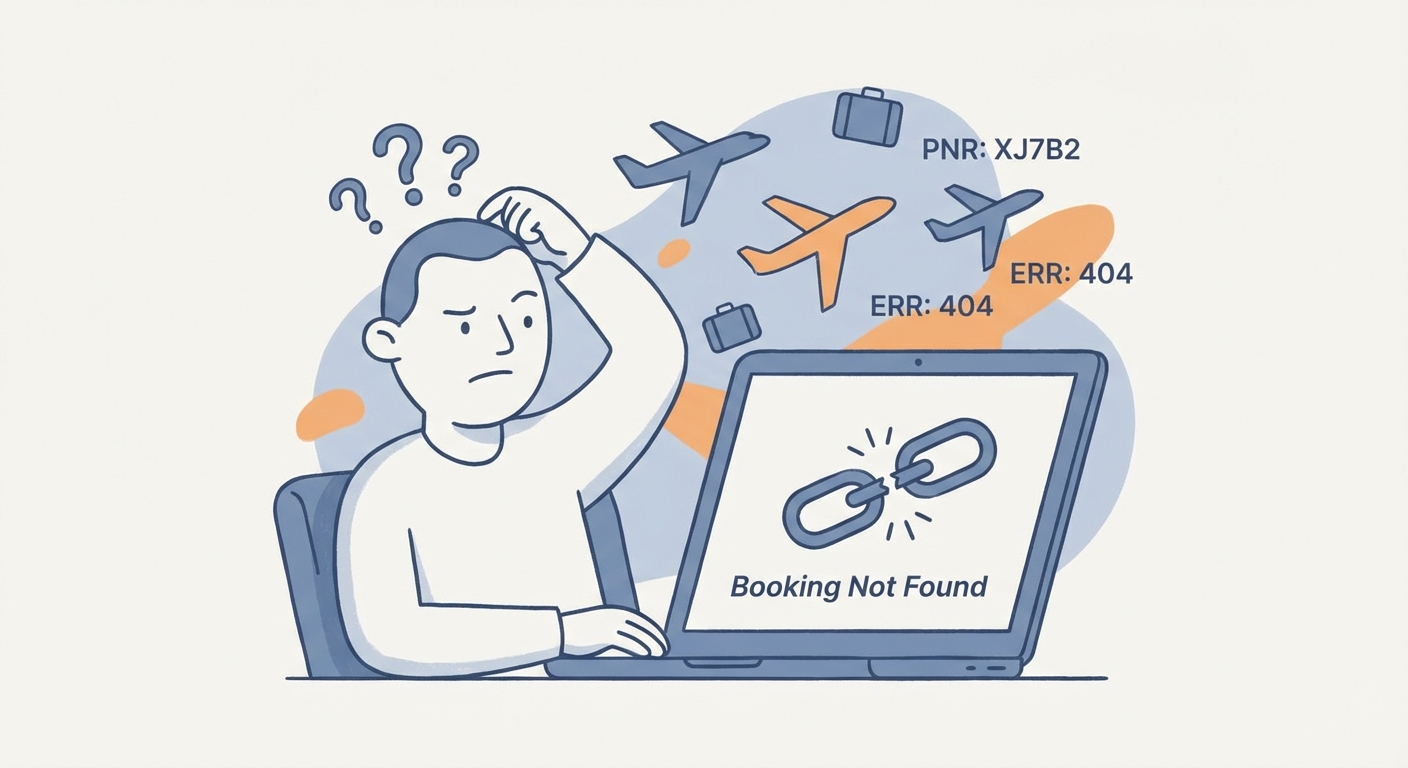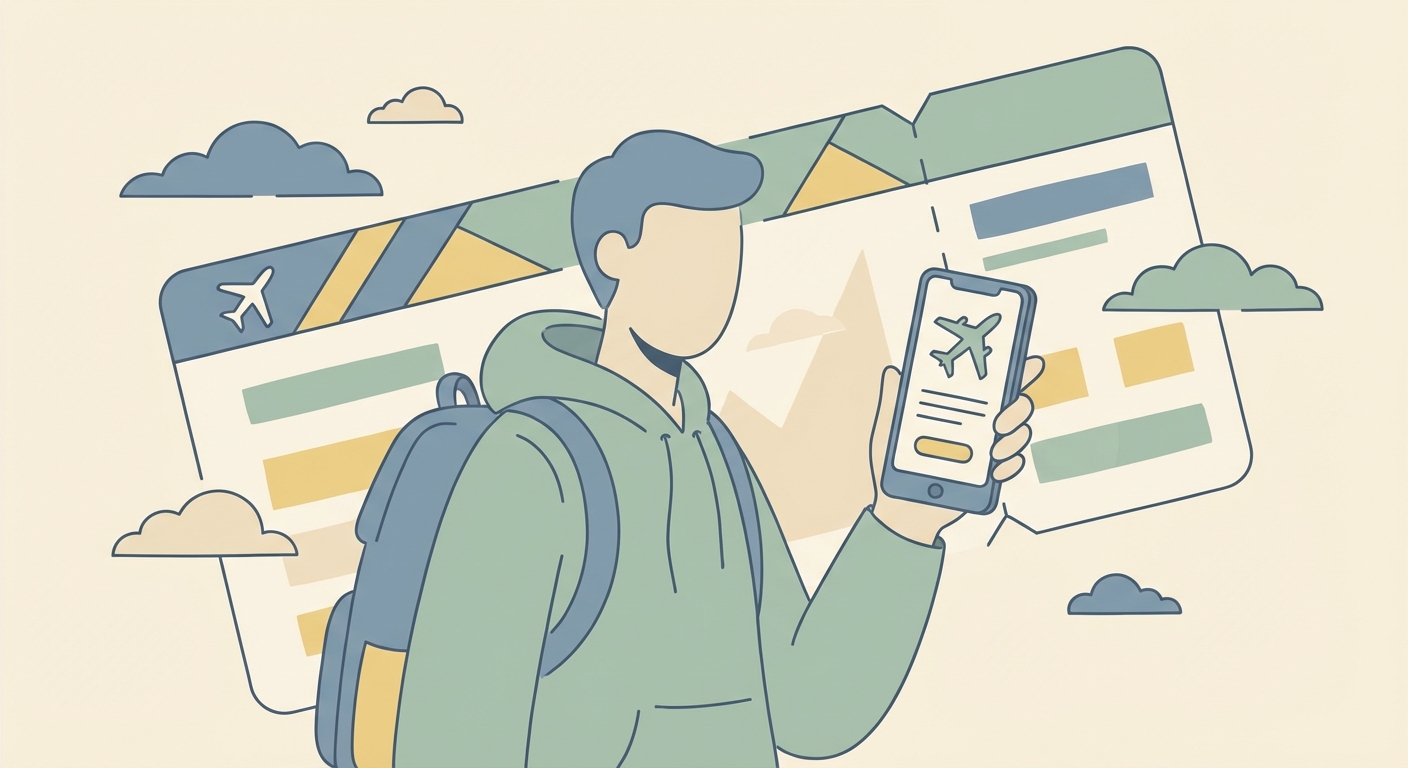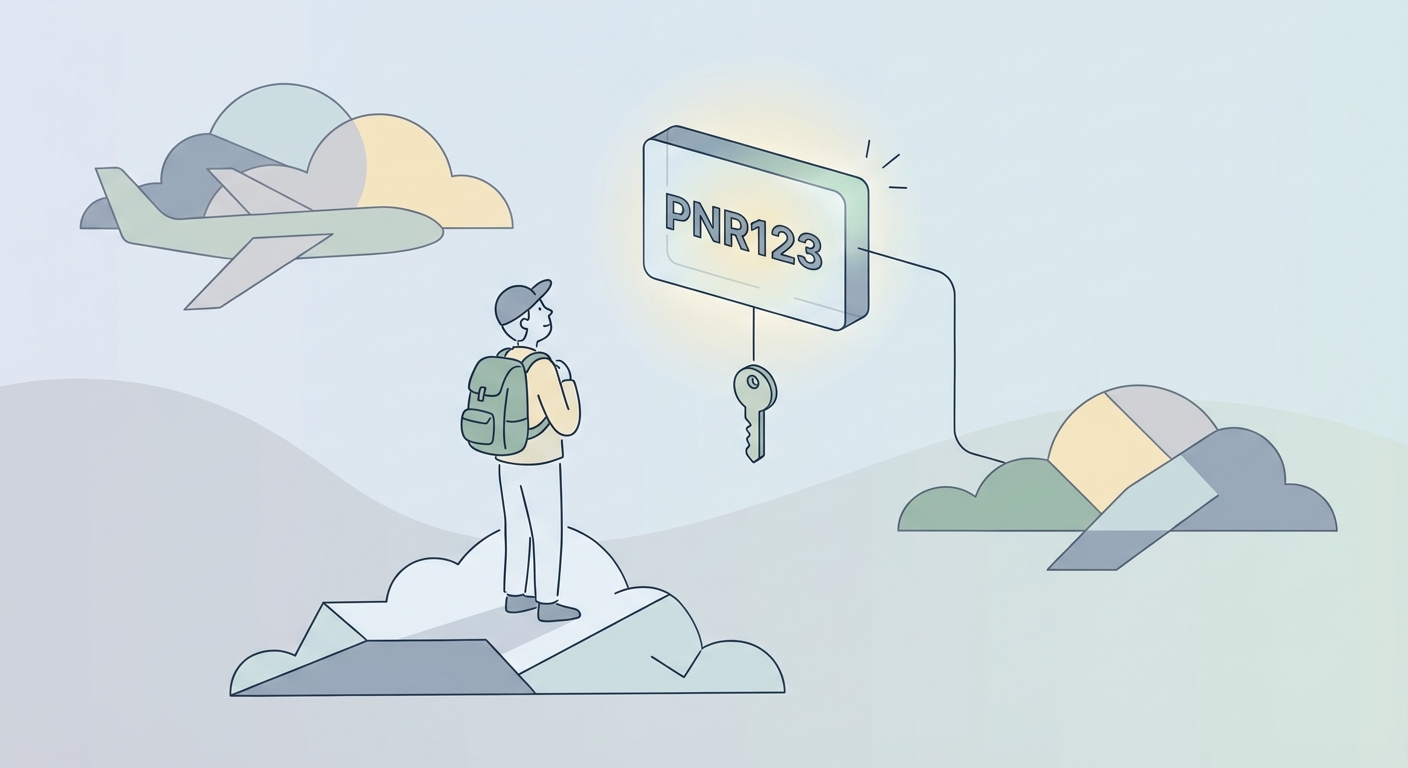Unlock Adventure: How the Sharing Economy is Revolutionizing Travel
The Rise of the Sharing Economy in Travel
Did you know that the sharing economy is not just about saving money, but also about connecting with local cultures in a more authentic way? It's changing how we travel!
The sharing economy connects travelers with local hosts and service providers directly, cutting out traditional intermediaries. This model disrupts typical tourism by offering alternative accommodations, transportation, and unique experiences. Ultimately, it empowers travelers to discover authentic travel options while supporting local communities.
Companies like Airbnb revolutionized accommodations, allowing travelers to stay in local homes rather than traditional hotels. Similarly, Uber transformed transportation with on-demand ridesharing services. Beyond these giants, platforms now offer peer-to-peer tours, gear rentals, and local dining experiences. These platforms leverage the internet to run disruptive and profitable businesses.
One of the main draws of the sharing economy is the potential for lower prices compared to traditional options. Travelers can also experience destinations like locals by staying in neighborhoods and participating in community activities. The sharing economy unlocks access to unique resources and experiences, providing a more sustainable consumption model, especially in cities. The sharing economy can "help to give access to goods those who can’t afford them, accelerate more sustainable consumptions...reduce environmental impacts of society and maybe even help build stronger communities.”
The rise of the sharing economy in travel is set to continue, with more innovative platforms and services emerging. This shift promises a more personalized, affordable, and community-focused travel experience.
How Airbnb and Similar Platforms Are Reshaping Accommodation
Airbnb and its ilk have fundamentally changed where and how we stay when we travel. Gone are the days when hotels were the only real option. Now, travelers can choose from a vast array of unique lodgings, from cozy apartments in bustling city centers to secluded cabins in the wilderness.
This shift offers several key impacts:
- Increased Choice and Affordability: Travelers have access to a wider range of accommodations that often come at a lower price point than traditional hotels. This opens up travel to more people and allows for longer stays or more adventurous destinations.
- Authentic Local Experiences: Staying in a local's home or a unique property provides a much more immersive experience than a sterile hotel room. You get to live in a neighborhood, interact with locals (if you choose), and truly feel like you're part of the place you're visiting.
- Economic Opportunities for Hosts: These platforms empower individuals to earn extra income by renting out spare rooms, entire homes, or even vacation properties. This can be a significant financial boost, especially in tourist-heavy areas.
- Disruption of Traditional Hospitality: Hotels have had to adapt by offering more personalized services, unique amenities, and competitive pricing to keep up with the sharing economy's offerings.
- Rise of Niche Accommodations: Beyond just rooms, platforms facilitate rentals of unique spaces like treehouses, houseboats, and historic homes, catering to travelers seeking something truly different.
This reshaping of the accommodation landscape is still evolving, offering exciting possibilities for future travel.
Adventure Travel and the Sharing Economy: A Perfect Match
Imagine trading your hotel room for a cozy cabin nestled deep in the woods. With the sharing economy, unique adventures like this are now within reach.
The sharing economy is revolutionizing adventure travel by providing access to unique accommodations, gear, and local experiences. This model allows travelers to experience destinations in a more authentic and sustainable way.
Treehouses, yurts, and cabins offer unconventional lodging options in natural settings. These accommodations provide a more immersive experience compared to traditional hotels, allowing travelers to connect with nature.
Farm stays and eco-lodges connect travelers with sustainable agriculture and conservation efforts. Guests can participate in farm activities, learn about sustainable practices, and enjoy locally sourced meals.
House-sitting and pet-sitting provide free accommodations in exchange for caring for homes and animals. This arrangement benefits both the traveler and the homeowner, creating a mutually beneficial exchange.
The sharing economy is growing rapidly as platforms permit users to gain access to various assets. According to Longdom Publishing, these platforms have attracted significant venture capital funding since 2010.
Rent camping gear, bikes, kayaks, and other equipment from local providers. Travelers can find a wide range of equipment through online platforms, making it easier to participate in outdoor activities.
Avoid the hassle and expense of transporting bulky equipment. Renting eliminates the need to transport gear, saving travelers time and money.
Support local businesses and reduce waste by renting instead of buying. Renting promotes sustainability by encouraging the reuse of equipment and supporting local economies.
Tool library networks are enabling pools of farmers to share access to specialized machinery and equipment that are too expensive for individuals to acquire. This can be relevant to adventure travel by allowing groups planning remote expeditions or community-based outdoor projects to access specialized tools they might not otherwise afford, like advanced navigation equipment or specialized repair kits for off-grid situations.
Connect with local guides for hiking, climbing, and other outdoor activities. Local guides offer unique insights and expertise, enhancing the adventure experience.
Participate in cultural workshops, cooking classes, and community events. These activities allow travelers to immerse themselves in the local culture and connect with residents.
Discover hidden gems and off-the-beaten-path adventures with local insights. Local hosts can provide valuable recommendations and help travelers discover unique and authentic experiences.
The sharing economy opens doors to incredible adventures.
Finding Hidden Gems: Unique Travel Experiences via Sharing Economy Platforms
Did you know you can experience a city like a local, simply by sharing a couch? The sharing economy unlocks unique travel experiences that go beyond typical tourist traps.
Couchsurfing connects travelers with local hosts for free accommodations. This facilitates cultural exchange and provides an authentic, immersive experience. Couch-surfing freely matches people to spare sofas but without the Airbnb intermediary overhead.
- Connect with local hosts: Enjoy free accommodations and immerse yourself in local culture.
- Experience destinations from a local perspective: Gain insights into hidden gems and local customs.
- Participate in community events: Engage in activities alongside residents for a richer experience.
Imagine dining with a local family and savoring authentic cuisine. The sharing economy makes this possible!
- Dine with local families: Experience traditional meals and learn about regional culinary practices.
- Take cooking classes: Discover the secrets behind local specialties.
- Discover hidden culinary gems: Support local food producers and enjoy unique flavors.
Did you know you can volunteer in exchange for accommodations and experiences? This is a great way to travel sustainably.
- Volunteer on farms, eco-projects, and community initiatives: Contribute to meaningful projects while traveling.
- Share your skills and expertise: Offer your talents in exchange for accommodations and local experiences.
- Make a positive impact on local communities: Support sustainable development efforts and contribute to their well-being.
The sharing economy is about more than just transactions. It's about building connections and supporting local communities. A real sharing economy involves genuinely sharing skills, information, and knowledge in a way that creates value for everyone.
These opportunities redefine travel by promoting cultural exchange, supporting local communities, and fostering sustainable practices.
Navigating the Challenges: Safety, Responsibility, and Sustainability
The sharing economy offers exciting travel opportunities, but navigating safety, responsibility, and sustainability is key. How can travelers ensure they're making informed and ethical choices?
Read reviews and check host profiles carefully. Look for patterns in feedback and verify details. Prioritize hosts with consistently positive ratings and detailed, transparent profiles.
Communicate openly with hosts and providers before booking. Ask specific questions about the property, amenities, and local area. Clear communication establishes trust and helps you assess the host's responsiveness.
Share your itinerary with friends and family. Keep someone informed of your location and travel plans. This creates a safety net and allows for quick assistance if needed.
Check if the website is a secure website. To identify a secure website, look for "https" at the beginning of the web address in your browser's bar, and a small padlock icon next to it. These indicators mean your connection to the site is encrypted, making it safer to enter personal information.
Support local businesses and avoid contributing to overtourism. Spending your money at locally-owned shops, restaurants, and tour operators helps keep money within the community and reduces the strain on resources often caused by mass tourism. This support can lead to more authentic experiences for travelers and prevent negative impacts like rising rents for locals or the degradation of cultural sites.
Minimize your environmental impact by choosing sustainable options. Select accommodations with eco-friendly practices, use public transportation, and reduce your waste. As the World Economic Forum reports, environmental impact is a crucial consideration for travelers.
Respect local customs and traditions. Learn about the local culture and be mindful of your behavior. Dress modestly when appropriate, ask permission before taking photos, and be respectful of local customs and traditions.
Increased regulation and professionalization of the sharing economy. Governments are starting to implement regulations to ensure fair competition and protect consumers. For example, some cities require short-term rental hosts to obtain permits or pay occupancy taxes, similar to hotels, while others are implementing rules around driver background checks and insurance for ridesharing services. This may lead to more standardized services and increased consumer confidence.
Growing focus on sustainability and responsible travel. Travelers are increasingly seeking eco-friendly and ethical travel options. The sharing economy is adapting to meet this demand by offering more sustainable accommodations and experiences.
Integration of AI and personalization technologies. Artificial intelligence can enhance the travel experience by providing personalized recommendations and streamlining travel planning.
Moving forward, travel spending is expected to accelerate further and is estimated to grow at an average of 7% in the next decade (2024-2034), according to the World Economic Forum.
By addressing these challenges proactively, the sharing economy can continue to revolutionize travel.
Budget-Friendly Adventures: Saving Money with the Sharing Economy
Traveling doesn't have to break the bank. With the sharing economy, you can find budget-friendly adventures and save money without sacrificing unique experiences.
Looking for affordable lodging? Consider options like couchsurfing.
- Leverage couchsurfing for free stays and cultural exchange. Connect with local hosts, immerse yourself in their culture, and experience your destination from a local's perspective. As mentioned earlier, couch-surfing freely matches people to spare sofas and makes travel more accessible.
- Explore house-sitting opportunities for extended travel. Care for someone's home and pets while they're away, and enjoy free accommodations in return. This can be a great way to stay in a place longer without paying for lodging.
- Combine travel with volunteering for affordable adventures. Many organizations offer free accommodations and meals in exchange for volunteer work.
Navigating a new place doesn't require expensive taxis. The sharing economy provides alternatives.
- Opt for ridesharing services over taxis. Companies like Uber offer a convenient and often cheaper way to get around.
- Rent bikes for exploring cities and natural landscapes. Many cities have bike-sharing programs or local rental shops.
- Utilize public transit for cost-effective travel. Public transportation is almost always the most affordable way to get around.
You don't need to pay for guided tours to have a memorable trip. The sharing economy offers many free or low-cost activities.
- Create your own walking tours with free online resources. Many websites and apps provide self-guided walking tours of cities.
- Visit free museums and attractions. Many museums offer free admission days or evenings.
- Attend local events and festivals for authentic experiences. Check local event listings for free or low-cost community events.
By using the sharing economy, budget-conscious travelers can experience the world in new and exciting ways.
Case Studies: Inspiring Adventure Travel Stories from the Sharing Economy
Imagine trekking through the Himalayas, not with expensive, new gear, but with equipment rented from a local family, enriching their lives directly. The sharing economy makes travel dreams like this a reality while fostering meaningful connections.
Here are a few inspiring stories of how the sharing economy is revolutionizing adventure travel:
- Solo Female Traveler's Journey Through Southeast Asia: One traveler shared how she booked stays in family-run Airbnb homes, allowing her to experience the culture more deeply and safely. She also connected with local female guides. They provided her with insider tips and companionship, which made her feel more secure and immersed in the local way of life.
- Family's Eco-Friendly Adventure in Costa Rica: A family documented their stay at a sustainable farm, learning about organic farming and local conservation efforts. They noted the educational value for their children, who participated in planting trees and learning about native wildlife. They also used local transportation, which reduced their carbon footprint and supported the community.
- Backpacker's Trek Through the Himalayas: A backpacker shared his experience renting gear from local porters, making his trek more affordable and authentic. He mentioned that connecting with local guides enriched his understanding of the region's culture and traditions. It also gave him access to trails and viewpoints that are not commonly known.
It's important to acknowledge the ethical implications of the sharing economy. Considerations about fair wages, safe working conditions, and respect for local cultures are all key.
The sharing economy is about more than just transactions. It's about building connections and supporting local communities. A real sharing economy involves genuinely sharing skills, information, and knowledge in a way that creates value for everyone.
By embracing the sharing economy, travelers can unlock unique and transformative experiences.
Embracing the Sharing Economy: Your Next Adventure Awaits
Ready to embark on your next great adventure? The sharing economy offers a world of unique and personalized travel experiences, connecting you with local communities and cultures in meaningful ways.
- Explore platforms like Airbnb for unique accommodations, from cozy apartments to secluded villas. These platforms offer alternatives to hotels, often at more competitive prices, and connect you directly with local hosts.
- Utilize ridesharing services for convenient and affordable transportation. These services provide an alternative to traditional taxis, offering flexible and on-demand transportation options.
- Discover local experiences through platforms offering peer-to-peer tours and activities. You can find unique and authentic activities that go beyond typical tourist attractions.
To plan your sharing economy adventure, use these travel resources and communities:
Travel blogs and forums: Read reviews and get tips from fellow travelers who have used sharing economy services.
Local tourism websites: Get information about local events, attractions, and sustainable travel options.
Social media groups: Connect with other travelers and locals to get recommendations and advice.
Embrace the sharing economy for your next adventure and experience travel in a new way. A real sharing economy involves genuinely sharing skills, information, and knowledge in a way that creates value for everyone.
Share your own experiences and tips with other travelers to promote responsible and sustainable travel practices. By sharing your insights, you can help others make informed choices and contribute to the growth of the sharing economy.
Support responsible and sustainable travel practices by choosing eco-friendly options and respecting local communities. This ensures that your travels have a positive impact on the environment and the local economy.
The sharing economy is transforming the way we travel. By embracing these platforms and resources, you can create unforgettable adventures that are both affordable and sustainable.





